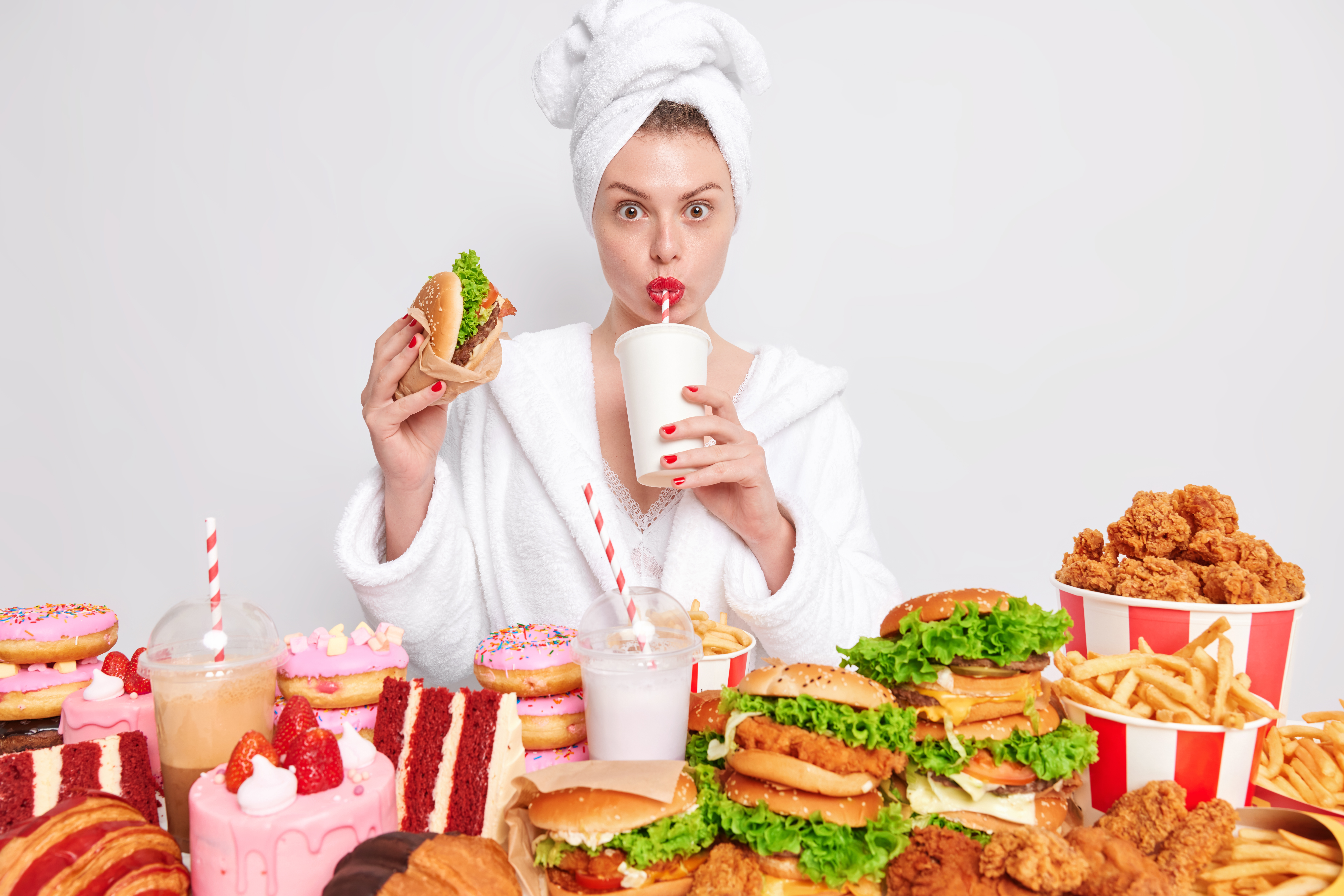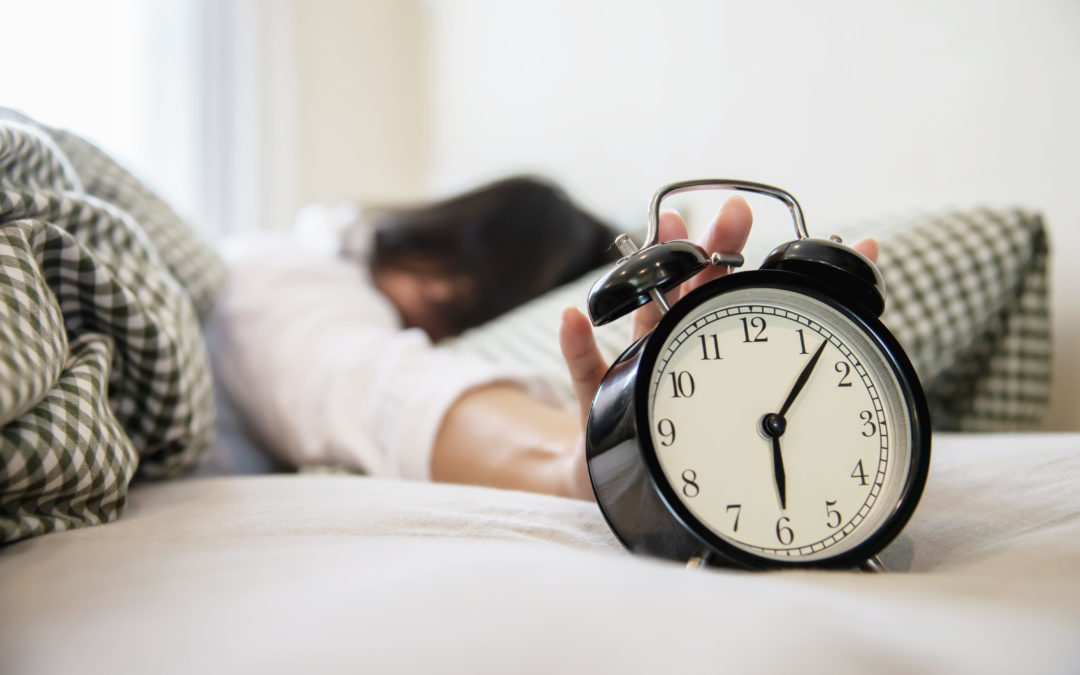You know that feeling, an intense urge to eat a sugary, salty, or fatty type of food. Just thinking about it makes you feel excited.
There are no hunger pangs, rumbly tummy, or fatigue, which are the natural hunger signs. Only an urge to fulfil a desire. These desires are called cravings, and they can pop up at any minute.
In this guide, you will discover what cravings are, why you have them, and how you can try to reduce or avoid them.
What Are Cravings?
Food cravings are a strong desire to eat sugary, salty, or fatty types of food, which often seem uncontrollable, leaving you unsatisfied until you get what you want. Over 90% of the world’s population experiences food cravings, and we all experience them differently.
Studies have shown that men and women crave different kinds of food.
Men are more likely to crave savoury foods like meat, fish, and eggs. If men do crave sweets, they typically go for sugar- sweetened beverages.
However, women crave mostly sweet foods like chocolate, cakes, and ice cream. The same studies have shown that women more frequently report experiencing cravings in their everyday lifestyle, not bound to food.
How to beat cravings!
Sleep
Sleep efficiency is often associated with craving sugar. Now, we’re not isolating sugar to be the sole contributing factor to poor choices, but this may lead to consistently over indulging in foods with minimal nutritional value and high calories. Studies show that people with poor quality sleep increases the frequency of their cravings. Overcome this by preparing a bedtime routine focused on calming your mind for better sleep. Avoid caffeine after 3 pm and leave your phone in the living room or study overnight. Practice a bedtime wind-down such as breathing exercises or meditation.
Stress
When you are stressed, it causes your adrenal glands to release the hormone cortisol, increasing your appetite and cravings. Take up journaling to help let go of the stress from the day. Set a specific time each evening to answer these three questions:
“I will let go of…”.
“I am grateful for…”. “I will focus on..”
Dieting
Dieting is often to blame for causing cravings due to the restrictions you place upon yourself with foods you enjoy. For example, when avoiding food rich in sugar, you tend to increase the cravings for sugary food. Improving the relationship with food through mindfulness may help control overeating, moving past restrictive diets.
Try These 5 Habits To Help Reduce Cravings:
Drink plenty of water: Drink a big glass of cold water the next time you have cravings. It helps by hydrating the body and giving a sense of fullness.
Eat enough protein: Studies have shown that a healthy diet rich in lean protein may help reduce cravings. The same research suggests that eating more protein helps suppress hunger and reduce ghrelin (a hormone related to appetite.) Start the morning with a high-protein breakfast to kickstart your day.
The 15 minute wait: No evidence shows this to be effective, but trying to wait 15 minutes from the moment you start to get your cravings while occupying yourself with other tasks can prove to be effective. The idea is to take attention away from wanting to indulge and identifying whether or not you’re actually hungry or craving.
Chew gum: A study shows that chewing gum for 45 minutes can make you less hungry and avoid cravings.
Christopher Doumanis
Sources & Further Reading
https://pubmed.ncbi.nlm.nih.gov/15589112/ Images of desire: food-craving activation during fMRI. Marcia Levin Pelchat, Andrea Johnson, Robin Chan, Jeffrey Valdez, J Daniel Ragland https://pubmed.ncbi.nlm.nih.gov/9642846/ A learning model of binge eating: cue reactivity and cue exposure. A Jansen
Food cravings mediate the relationship between chronic stress and body mass index. Ariana Chao, Carlos M Grilo, Marney A White, and Rajita Sinha https://www.ncbi.nlm.nih.gov/pmc/articles/pmc6186388/ https://pubmed.ncbi.nlm.nih.gov/32578025/ The Psychology of Food Cravings: the Role of Food Deprivation. Adrian Meule
Associations of Sleep with Food Cravings, Diet, and Obesity in Adolescence. Chelsea L Kracht, Jean-Philippe Chaput, Corby K Martin, Catherine M Champagne, Peter T Katzmarzyk, Amanda E Staiano
https://pubmed.ncbi.nlm.nih.gov/31801259/
Gender-related Differences in Food Craving and Obesity. Jessica Hallam, Rebecca G. Boswell, Elise E. DeVito and Hedy Kober
https://www.ncbi.nlm.nih.gov/pmc/articles/PMC4918881/ https://pubmed.ncbi.nlm.nih.gov/10447980/ Food liking and craving: A cross-cultural approach. D A Zellner , A Garriga-Trillo, E Rohm, S Centeno, S Parker
Effects of chewing gum on short-term appetite regulation in moderately restrained eaters. Marion M Hetherington and Martin F Regan
https://pubmed.ncbi.nlm.nih.gov/21718732/
Health Benefits of Fruits and Vegetables. Joanne L. Slavin and Beate Lloyd https://www.ncbi.nlm.nih.gov/pmc/articles/PMC3649719/
Effect of short- and long-term protein consumption on appetite and appetite-regulating gastrointestinal hormones, a systematic review and meta-analysis of randomized controlled trials. Ali Kohanmoo, Shiva Faghih, Masoumeh Akhlaghi https://www.sciencedirect.com/science/article/abs/pii/S0031938420304376


